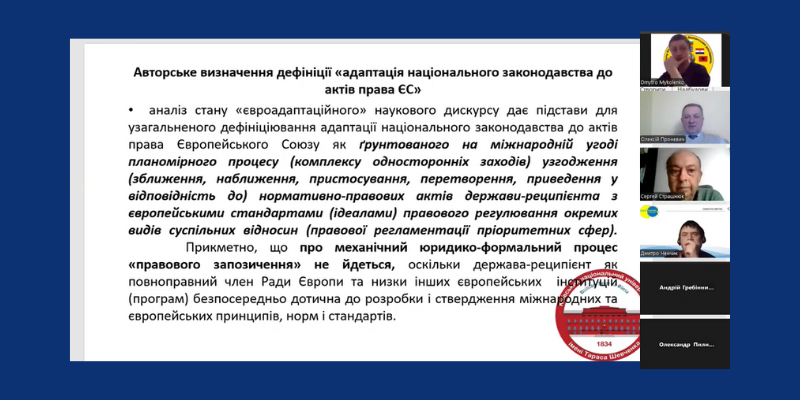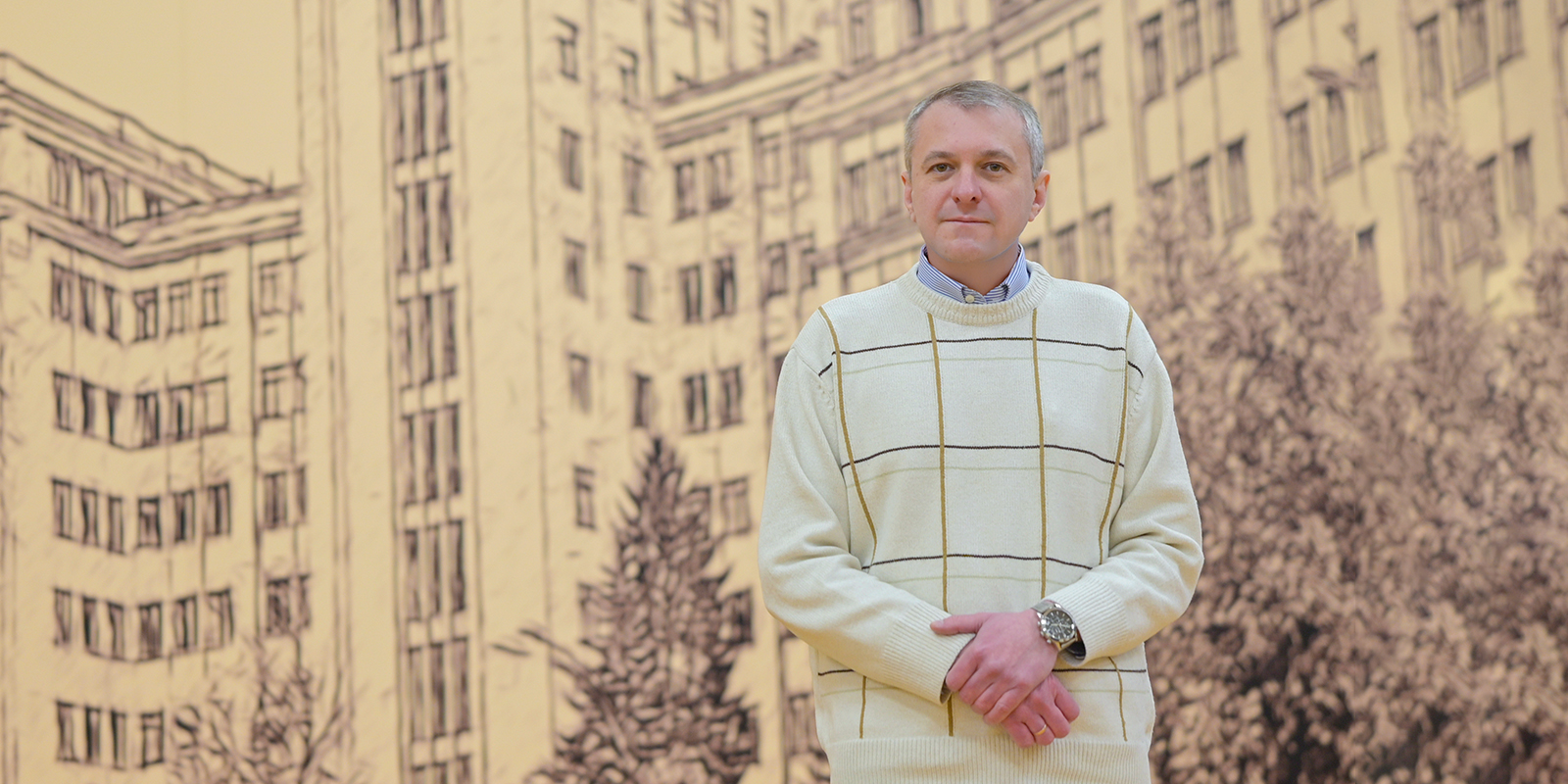The University Celebrates Mykola Kostomarov's Birthday
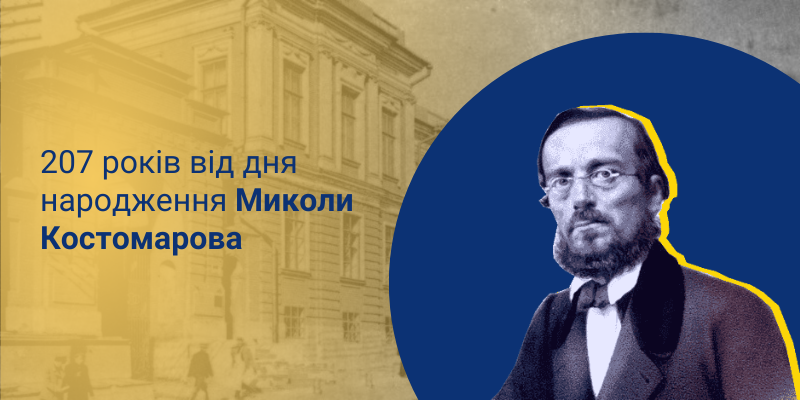
On May 16, the Karazin community celebrates the 207th anniversary of the birth of the intellectual and romantic of the 19th century, a graduate of the university, historian, writer, and co-founder of Ukraine's first political organization, Mykola Kostomarov.
His parents, descendants of Ukrainian Cossacks and serfs, from childhood sought to instill in their son liberal ideas and provide him with a quality education. Despite the difficult life circumstances, the transition from serfdom, Mykola showed brilliant learning abilities and entered the School of History and Philological Studies of Karazin University.
It was at Kharkiv University that Mykola Ivanovych discovered his talent for various sciences, including history, philology, literary studies, and linguistics. His association with the circle of Ukrainian romantics at Karazin University soon defined his fascination mainly with the folklore and Cossack past of Ukraine.
It was here, at the university, that his socio-political worldview was formed. Feeling the need to enrich the then domestic historiography, Mykola Ivanovych began thorough research into the history of the Sloboda Cossacks and the life history of other peoples of the Russian Empire.
He sought to determine the historical mission of the Slavic peoples, primarily the role of the Ukrainian nation.
Already in the Kharkiv period, Kostomarov began to lean towards the idea that it is the Ukrainian people who have a special mission in liberating all Slavs from imperial despotism and serfdom since it was they who developed the democratic ideals and institutions of the Cossacks.
Seeking to implement his socio-political ideas, Mykola Kostomarov, along with other figures, including Taras Shevchenko and Panteleimon Kulish, became a co-founder of the Cyril and Methodius Society in 1846, the first political organization in Ukraine during the national revival of the 19th century, and wrote its programmatic work — "The Book of the Life of the Ukrainian People."
The scholar initiated the creation of popular literature for self-education of the people, raised questions of national education in the native language, pedagogical problems, emphasized the need to abolish serfdom, and became one of the founders of Sunday schools as part of the development of the public movement.





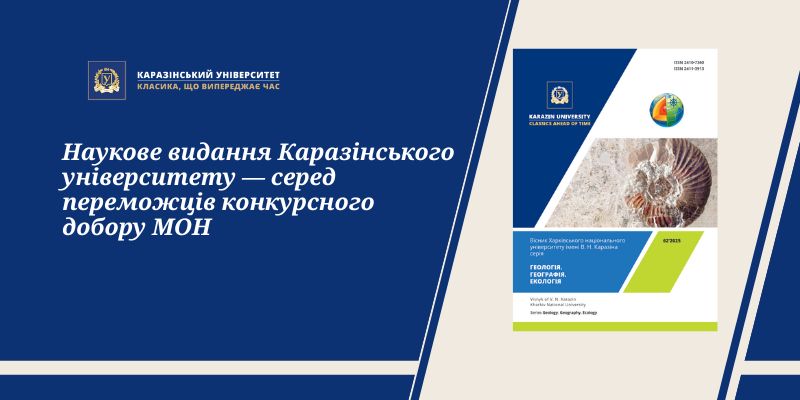
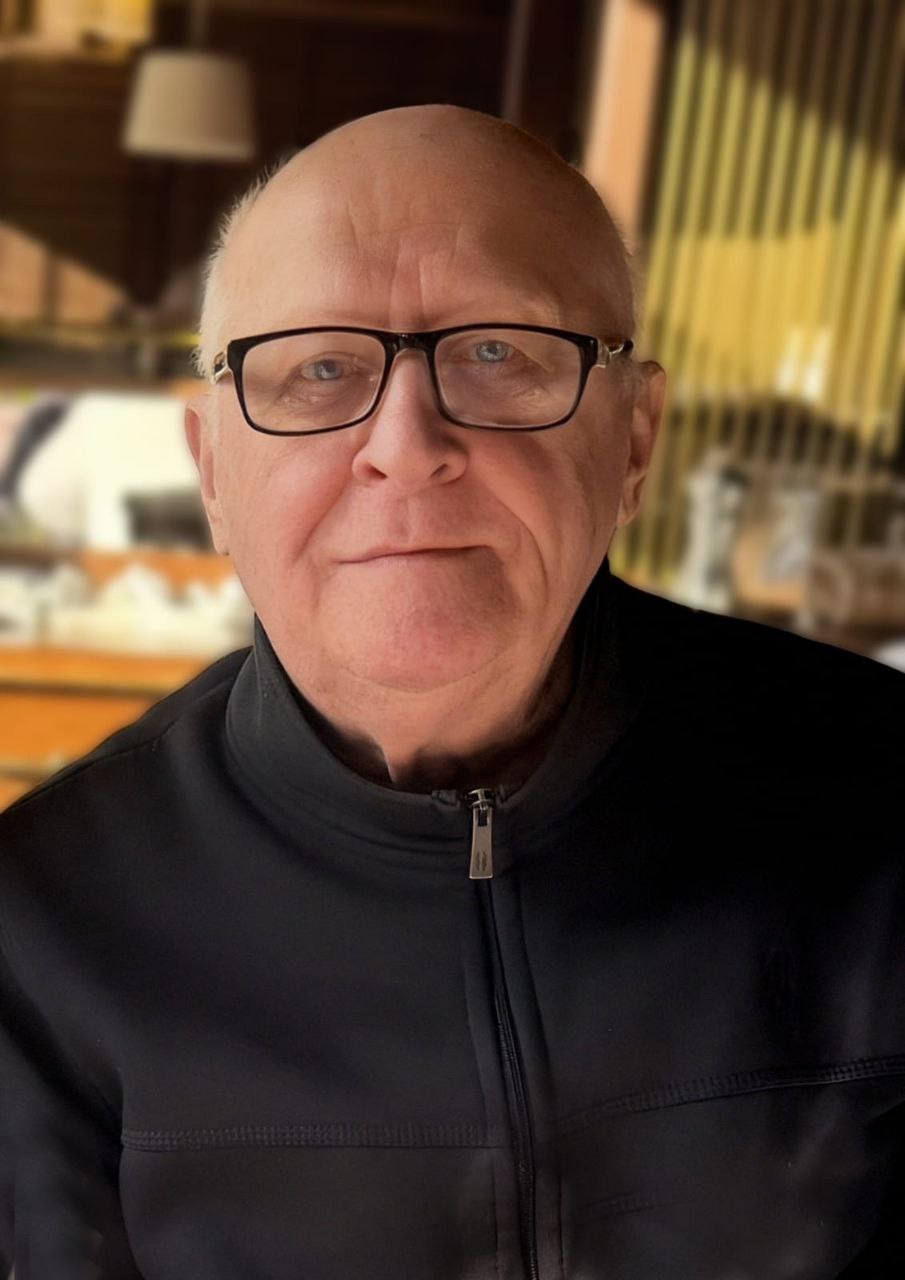
.png)
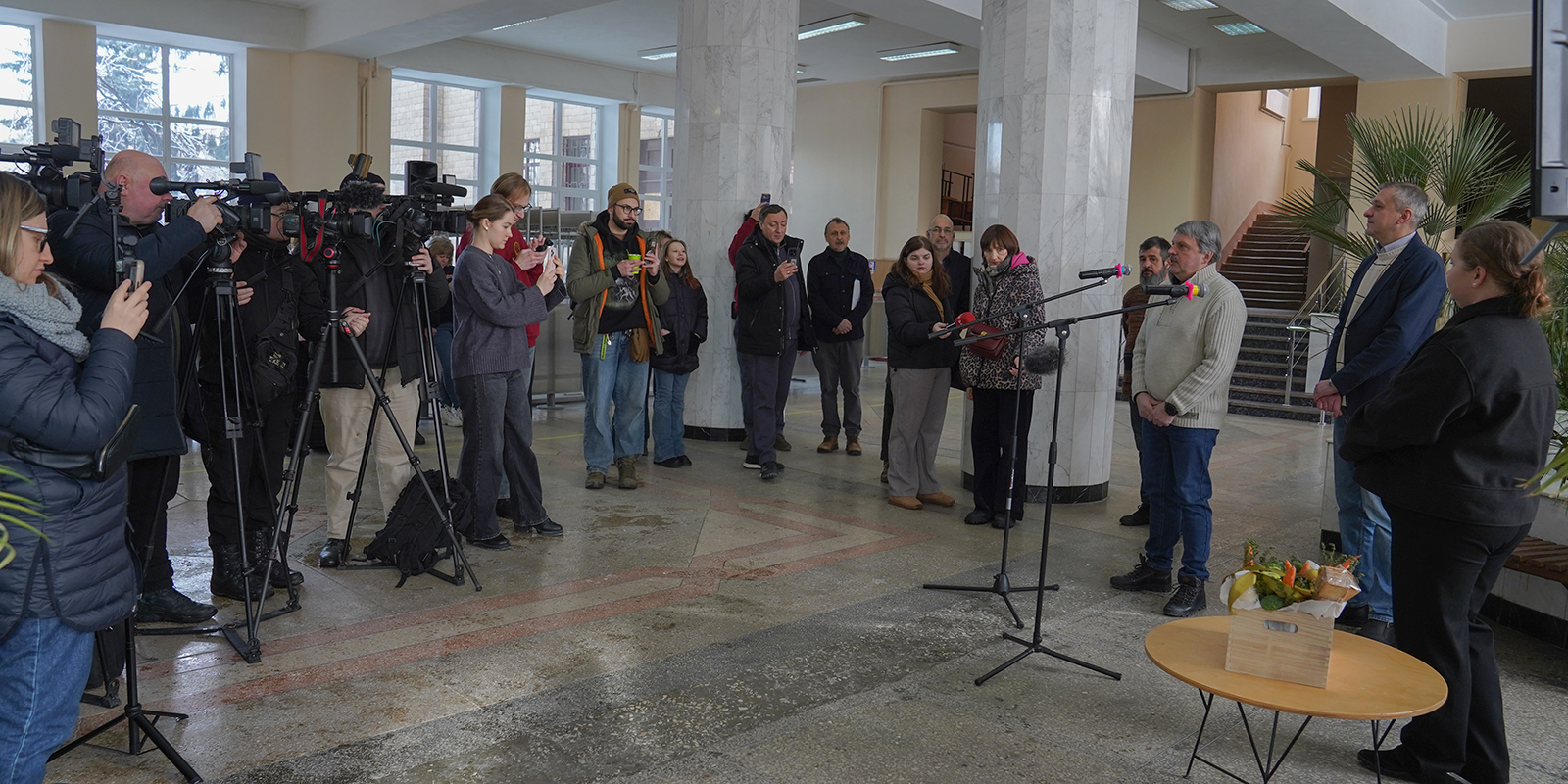
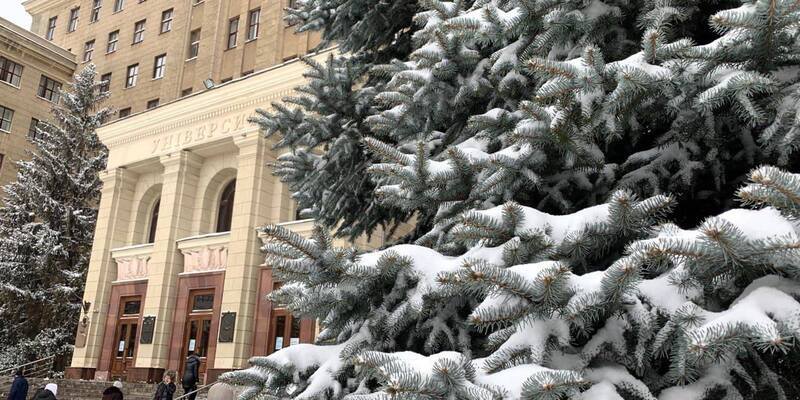
.jpg)
